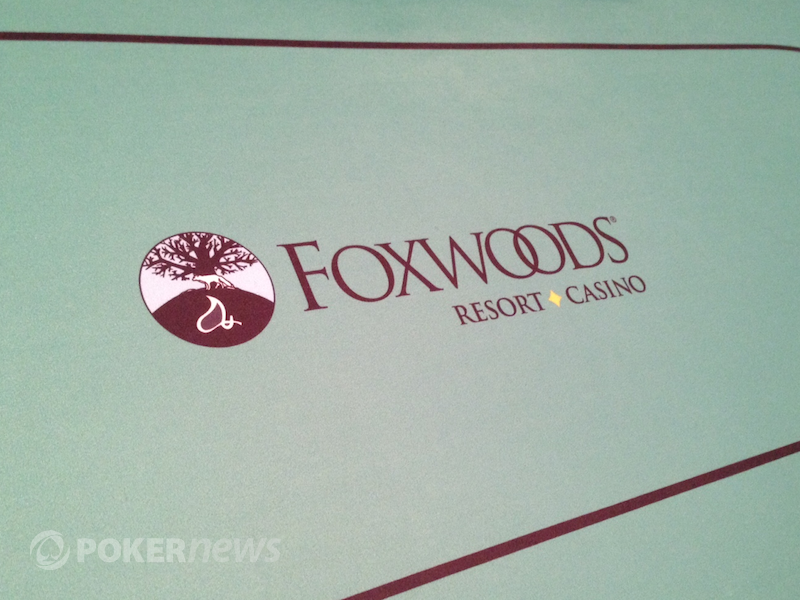GON
$100 Site Donor 2024
It is with great apprehension I post this article. I don't anything more destructive to a person than gambling . Gambling ruins life's and families, as heroin does.
A few times in the past, gambling was discussed on BITOG. It is important one post things they may not agree with. I came from a assumption after a college study that beating a casino is a mathematical impossibility. On a macro level I still believe this. This article demonstrates I am wrong on a micro level.
One line from the article I think is critical on a macro level "
It is practically impossible to predict the number that will come up,” Stephen Hawking once wrote about roulette. “Otherwise physicists would make a fortune at casinos".
This article suggests a flaw in Hawking's comment.
A long read, the article is well written with some colorful text like this:
"village in the region of Croatia where Tosa is from. Kit Chellel
The town’s only cafe was open and full of chain-smoking locals in sweatsuits. It was an unpretentious place decorated with Godfather posters. I ordered a coffee and struck up a conversation with the barman. Did he know that probably the world’s most successful roulette player had a place around the corner? No, he said—he never gambled. He thought it was a good way to lose money."

 www.bloomberg.com
www.bloomberg.com
A few times in the past, gambling was discussed on BITOG. It is important one post things they may not agree with. I came from a assumption after a college study that beating a casino is a mathematical impossibility. On a macro level I still believe this. This article demonstrates I am wrong on a micro level.
One line from the article I think is critical on a macro level "
It is practically impossible to predict the number that will come up,” Stephen Hawking once wrote about roulette. “Otherwise physicists would make a fortune at casinos".
This article suggests a flaw in Hawking's comment.
A long read, the article is well written with some colorful text like this:
"village in the region of Croatia where Tosa is from. Kit Chellel
The town’s only cafe was open and full of chain-smoking locals in sweatsuits. It was an unpretentious place decorated with Godfather posters. I ordered a coffee and struck up a conversation with the barman. Did he know that probably the world’s most successful roulette player had a place around the corner? No, he said—he never gambled. He thought it was a good way to lose money."

The Gambler Who Beat Roulette
For decades, casinos scoffed as mathematicians and physicists devised elaborate systems to take down the house. Then an unassuming Croatian’s winning strategy forever changed the game.
Last edited:




